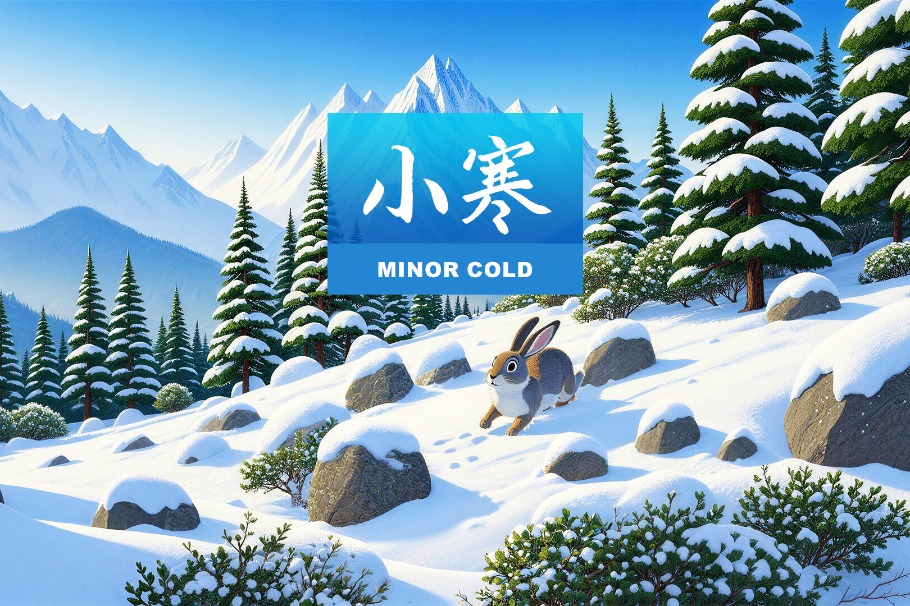A wordsmith for humanity
By Fang Aiqing | CHINA DAILY | Updated: 2022-02-28 08:11

Shen Congwen CHINA DAILY
His home, located in Fenghuang ancient town, has become a travel hot spot with many visitors drawn to it by Shen's words. Fenghuang is a water town with wooden, stilted buildings standing sentinel alongside a meandering river.
Nieh's words reveal that Shen didn't attend school much and spent a long time in the army in the early years of his life before taking up, almost incongruously considering this background, a position as a literature editor for various newspapers and magazines before becoming a university lecturer on literary history.
He set up residence in several cities around the country.
In childhood, he liked to play truant, spending time in the fields or lingering on the street, observing people, from all walks of life.
Such panoramic observation provided him with abundant material for writing, as his works include people from a comprehensive social milieu.
Recognizing his connections to rural life, Shen presented delicate writing on the beauty of the countryside and people of virtue and kindness leading a life close to nature. He once wrote that water played an important role in forming his outlook on appreciating beauty and learning just how to think.
He explained that, for many stories, the background pictures, personalities, language styles and the melancholy temperament that he adopted in his writing had been inspired by observations of water.
In Border Town, a love story about a boatman's granddaughter Cuicui, Shen displays an almost ideal world in the countryside, where the virtues of human nature are presented to the extreme, while giving an "impressionist"-as Nieh has put it-depiction of the landscape, the town, local customs and the people.
The novella was first translated into English by journalist and author Emily Haan from the United States and Chinese writer Shao Xunmei as early as in 1936, two years after its publication, followed by several other translated versions over the decades.
However, having experienced violence and ideological upheaval during the first half of his life, Shen didn't shy away from showing the dark side of human nature, and also expressed a reluctance to embrace a modernity that he thought had alienated human nature.
























